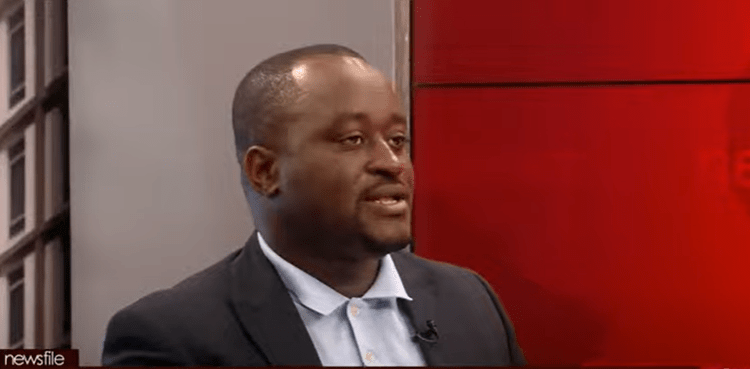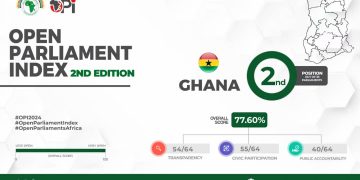Ghana’s Fiscal Council Must ‘Bite’ to Enforce Compliance – Dr. Theo Acheampong
Petroleum Economist and Political Risk Analyst, Dr. Theo Acheampong, has stressed the need for Ghana’s proposed Fiscal Council to be empowered with real authority to enforce compliance and safeguard fiscal sustainability.
Speaking during the NorvanReports, Economic Governance Platform (EGP) and Ghana Anti-Corruption Coalition (GACC) X Space discussion themed “From Watchdog to Advisor: Should Ghana’s Fiscal Council Only Police or Also Shape Fiscal Policy?”, Dr. Acheampong warned against creating a body that exists only for analysis without meaningful impact.
“You want a council that can bite, especially given our economic and financial issues. We might as well then decide not to create it if it is going to be another of those bodies that will just be there doing analysis after the horse has moored away from the stable,” he cautioned.
According to him, the Council must be proactive in stopping fiscal slippages before they occur, while engaging citizens, investors, parliament, and institutions such as the Bank of Ghana on the implications of government borrowing. He pointed to international examples, including the UK’s fiscal council, which employs varied communication tools to reach technical and non-technical audiences alike.
Dr. Acheampong stressed that credibility would be crucial to the Council’s work, particularly in framing fiscal data and anchoring debt sustainability expectations. He noted Ghana’s failure to sustain a primary surplus of 1.5% since 1980 as evidence of persistent fiscal indiscipline that a strong Council must address.
“Public communication is going to be essential to anchor debt sustainability expectations. If the Council produces analysis that lacks credibility or independence, markets will react quickly, and government borrowing costs could spike,” he remarked.
He further cautioned that by 2027–28, Ghana may return to international capital markets without the IMF’s oversight, making the Council’s independence and impartiality even more critical.
Dr. Acheampong welcomed provisions in the Fiscal Responsibility Act that safeguard the Council’s mandate but emphasised that the first two years will be decisive in shaping market confidence and institutional credibility.
“If the Council is seen to be credible, any successive government would struggle to sidestep its work. We must collectively push to ensure it functions effectively, with real power to bite,” he concluded.








